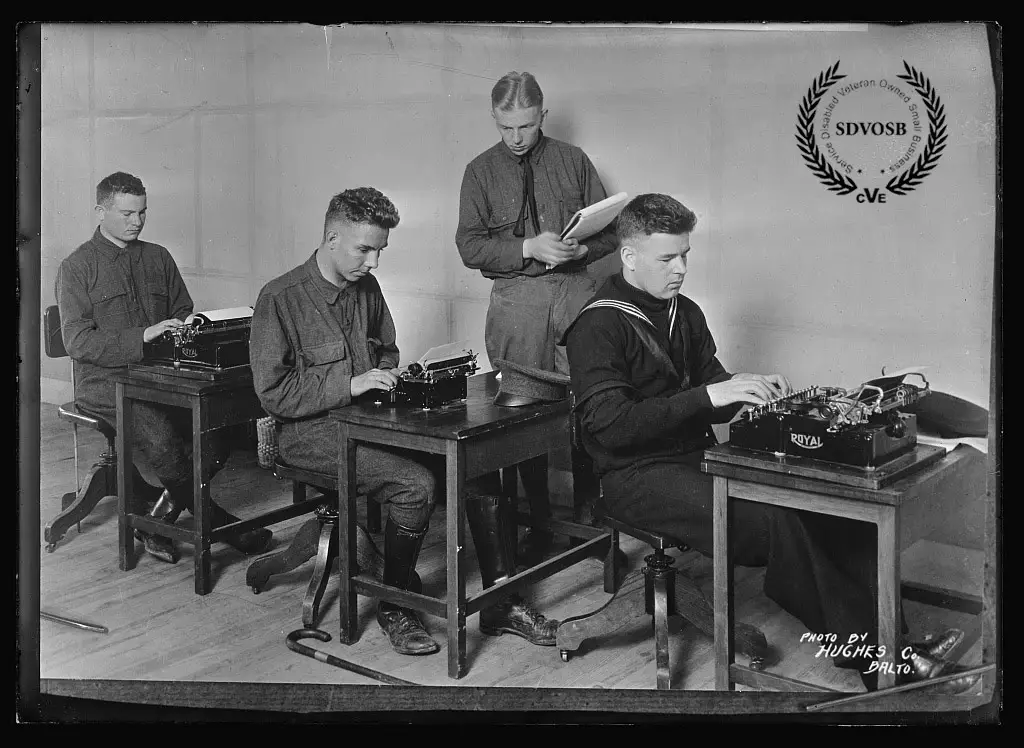Where were you born?
Who are/were your parents and what are/were their occupations?
Who are/were your siblings? Names and genders? Which, if any, serve/served in the military?
What were your parents’ or siblings’ feelings about you joining the service?
What primary and secondary schools or college did you attend?
What kinds of jobs did you hold prior to entering the military?
Can you tell us about when you went into the military? Were you drafted, or did you volunteer?
(If volunteered) Why did you join?
What or who did you leave behind (family, child, pet) when you left to serve?
In which branch did you enter?
(If volunteered) Why did you choose that branch?
How did you get to your initial point of entry?
What type of training or schooling did you have?
What is your most vivid memory of your time training or in school? What was the best part? What was the worst part?
Does any particular instructor stand out in your mind? If yes, why?
What was your first assignment after basic training?
Did you receive any specialized training? If so, what?
Do you recall your instructors? If so, what were they like?
Did you qualify with equipment (vehicles, aircraft, radios, weapons, etc.)? (If Yes) What was training with that equipment like?
What was the hardest part of training?
Did you receive any promotions? Could you tell me about them?
What was the hardest part of the military life-style for you to adapt to? Why do you think it was?
What was the easiest part of the military life-style for you to adapt to? Why do you think it was?
Where did you serve?
What are your recollections of that experience?
Were you in a combat, combat support, or combat service support role? Or did the war zone make that designation irrelevant?
(If combat/ wartime) How did your combat (wartime) experience change you?
What kinds of friendships and camaraderie did you form while serving, and with whom?
How did you stay in touch with family and friends?
What did you do for recreation or when you were off duty?
Do you recall any particularly humorous or unusual events?
Was there something you did for “good luck?”
What was the best part of your service experience?
Do you recall the day service ended? Where were you when your service ended?
Did you return home? Where were you?
How were you received by your family and community?
How did you readjust to civilian life? Did you work or go back to school?
Did the G.I. Bill support your education?
How did service change you?
Did you continue any friendships after service? For how long?
How did service affect the way you relate to others?
Did you join a Veteran organization
Do you attend reunions?
How did your military service experiences affect your life?
What are some life lessons you learned from your military service?
How has your military service impacted your feelings about war and the military in general?
What message would you like to leave for future generations who will view/hear this interview?
Is there anything you would like to add that we have not covered?
Is there anything you’ve always wanted to share about your service or Veteran experience that you never have?
What would you like people to know or remember from your story?
Is there anything else we should talk about that we haven’t covered?
What do you wish more people knew about Veterans?






